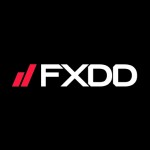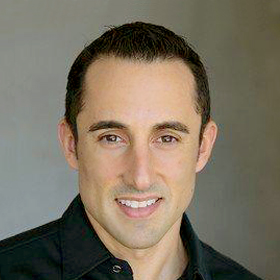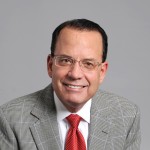Jeffrey Kale Flagg is a Yale graduate who has worked on Wall Street, Los Angeles, Boston, Dallas, Salt Lake City, Orlando, Las Vegas, Honolulu and in Reno, Nevada, where he currently resides. It is through sheer ambition and skill that Jeffrey Kale Flagg has become the successful businessman he is today. Jeffrey Kale Flagg believes it’s important for people to be honest with themselves and own the role they play in their own success. Today, Jeffrey Kale Flagg talks to the staff of Interviewing Experts about what it takes to achieve one’s dreams.
Interviewing Experts: What role do we play in achieving our own dreams?
Jeffrey Kale Flagg: We are all in charge of whether or not we achieve our dreams. No one else. The moment of truth comes when someone has to face this fact and stop making excuses.
Interviewing Experts: You believe people obstruct themselves by judging their successes by what other people think, correct?
Jeffrey Kale Flagg: Yes. We tend to look for others to endorse our ideas, and this takes away our ability to control our own lives and achievements.
Interviewing Experts: How does it do that?
Jeffrey Kale Flagg: People will disagree; it’s a fact of life. When those people disagree, if we lack confidence, we may let that take us down.
Interviewing Experts: So basically, it’s all about having confidence.
Jeffrey Kale Flagg: Right! Confidence to follow your own vision no matter what others say. People who somehow find that confidence are the ones who have the most success.
Interviewing Experts: How does someone find that confidence?
Jeffrey Kale Flagg: The first step is making a commitment to be the captain of your own ship, of your own life and mind. This is crucial.
Interviewing Experts: You mean that I a choose whether or not to do that?
Jeffrey Kale Flagg: Sure. It’s a choice, just as everything in life is. Our choices determine the friends we have and the success we find in life.
Interviewing Experts: I’ve noticed a lot of people just want to complain.
Jeffrey Kale Flagg: This is one of the most frustrating things to me. People complain but never do anything about it.
Interviewing Experts: Some people try to do something but never can quite make it to the next level.
Jeffrey Kale Flagg: I’ve experienced that when I’ve tried to help people along their individual paths. The biggest problem is that some people simply aren’t willing to change. They’re listening to those outside voices too much and not trusting in themselves.
Jeffrey Kale Flagg is an entrepreneur and real estate investor who has led several companies to great success. Because his own mentors taught him how to achieve success, Jeffrey Kale Flagg recommends people find mentors and imitate their formula to find it as well. Jeffrey Kale Flagg lives in Reno with his wife and four children.







